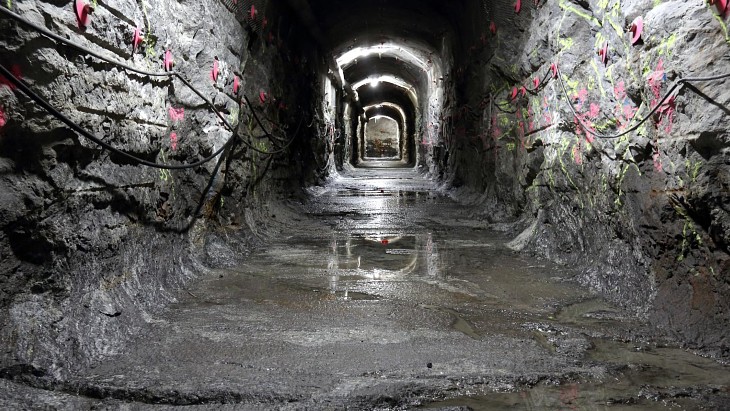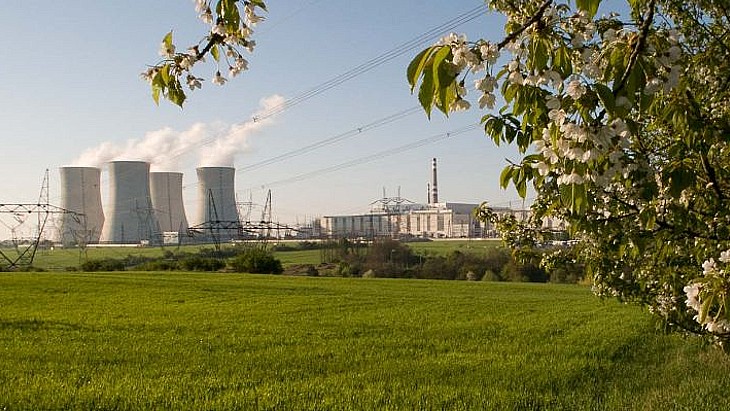Q: You were part of the opening session of the IAEA conference, which messages did you believe were most important coming from the global nuclear industry?
AR: In the opening session, I outlined our vision for nuclear, and the importance that nuclear energy continues to grow globally in order to combat climate change, as stated in our recently-published white paper - the Silent Giant. Being a mature low-carbon energy source, nuclear already contributes to reducing emissions and helps in the quest to limit global warming to 1.5 degrees C. Nuclear energy is more cost-competitive than all other low-carbon energy sources when looking at factors such as system costs, and it outperforms them in terms of the speed, scalability and long-term sustainability of energy decarbonisation.
We know that nuclear has a considerably smaller health and environmental footprint than other energy sources, but more needs to be done to remove the barriers that delay the deployment of reactor units around the world. A lot of work to address the issue of cost has been done, but there is more to do.
Q: Having spent the week at the IAEA in Vienna, what are your impressions of the Atoms4Climate conference
AR: I think it is a truly historic event. The topic was right and timely, and it was attended by such a wide range of organizations and individuals from across the world. The fact that the conference was hosted by the United Nations ensured that it was politically neutral, and the scientific, fact-based and constructive discussions ensured that there were lessons everyone could learn from - from nuclear newcomer countries to those who are well acquainted with nuclear energy.
The fact that I shared the podium with senior leaders from across the United Nations’ family, such as the UN Industrial Development Organization (UNIDO), the UN Framework Convention on Climate Change (UNFCCC) and the UN Department of Economic and Social Affairs (UNDESA), as well as organisations such as the International Energy Agency (IEA) and the Intergovernmental Panel on Climate Change (IPCC) clearly signaled that the nuclear industry is not only an important partner in finding ways to address climate change, but that it has a key role to play.
Q: Climate change has been on the political agenda for a number of years, but acknowledgment of nuclear energy as part of the solution to address climate change has often been side-lined. What do you think has changed?
AR: Important reports from leading and independent organizations such as the IEA, the OECD Nuclear Energy Agency, the IPCC and the World Energy Council (WEC), have brought nuclear energy to the fore of climate debates. They have made it very clear that we need to increase the deployment of nuclear reactors across the world, and we need to do this urgently. That was the message repeated time again throughout the conference.
We need to make sure that we build on the momentum this gives us, and World Nuclear Association will continue to lead efforts to ensure that nuclear energy plays a major role in future energy systems across the globe.

.jpg)





_53514_33880.jpg)




